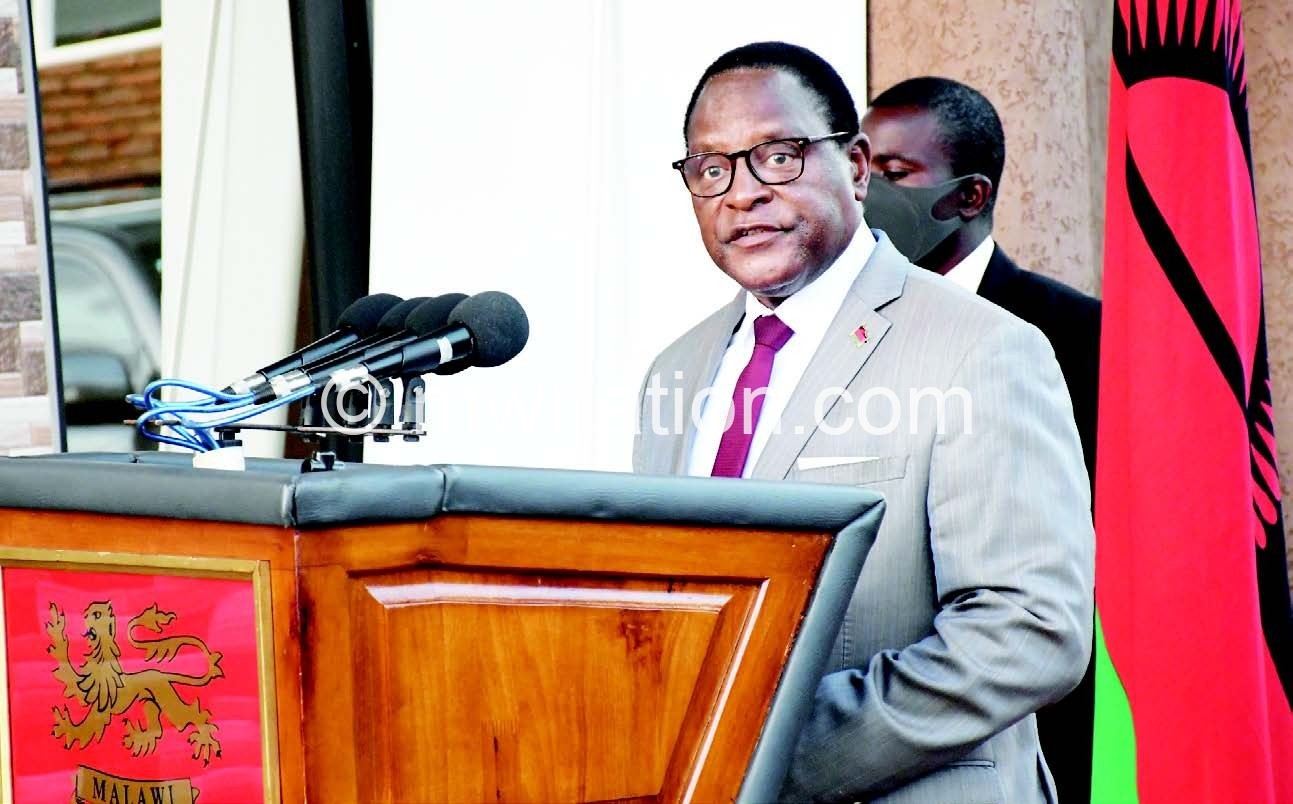Govt response to April 27 petition, a learning point
For those who read the newspapers on Monday can agree with us in the streets that we were all wearing happy faces on this day. Yes, at long last, government had failed to ignore the April 27 petition by the civil society organisations (CSOs). Congratulations to CSOs!
Before reading the 10-point document, I remembered my brother and confidant, Timothy Mtambo, who was also part of the team that coined the petition. My memories took me to our last interaction, in which I was trying to engage him into thinking about dialogue or any other possible, but peaceful means of tasking government to act on national concerns, at least for the sake of peace and success.
I recalled how he challenged me that the current government does not listen and dialogue can’t work. Of course, there are several actions that have demonstrated this culture from the government side and as liberal citizens, we do not subscribe to that. We on the streets want a listening government that takes the stakeholders eyes as its mirror.
On Monday, we saw dialogue being complete—two parties talking with each other and giving different views to issues affecting Malawians. At least by now, we on the streets know the position of both CSOs and government on the issues raised in the petition. We wish to commend the two parties.
However, we are worried that government breached the ultimatums set by the CSOs and it has not explained why it took long to respond to the concerns. But still, we on the streets believe in progress and this week we are very interested with the responses in the document.
Nonetheless, we are disappointed that government could easily run a watering can over the concerns and leave the nation divided. We on the streets believe the concerns list was too long. Most issues were blanketed and raised through wrong channel. The CSOs also missed on targets and tactics apart from poor structuring of issues.
We see this on the issue of nepotism in appointments. Looking at the civil servants representation table in the response document, at least until someone produces a contrasting detail; the CSOs have been defeated smart here. Most people now think nepotism does not exist.
For sure, we on the streets believe nepotism exists in Malawi, but our CSOs left some holes for government to shine. That is the cost of not taking time. We also believe that had the CSOs petitioned Parliament on some issues, particularly the appointment of Inspector General of Police Rodney Jose, chances to frustrate the appointment could have been high.
However, while we feel government has outshined the CSOs, we also believe the petition pushed government to action. Now, the public has all the answers, true or baked. The petition has also helped government to respond to some of the critical issues. One example, is the students’ loans issue. Government has doubled the allocation for the initiative.
Not only that, government has admitted there is need to tighten belts on some of the issues. They include addressing drug shortages in hospitals and abuses at the State-funded broadcaster, MBC.
There are several lessons to take home, but the key ones are that the CSOs should learn to take time to read the situation and use different channels to understand the state of affairs in government. The culture of blanketing concerns should also be looked at in the next mission. We also ask CSOs to take the government’s responses as an opportunity for more dialogue.
On the government side, we on the streets demand that reactions to petitions should not take ages. It is also time to open doors for more dialogue. We don’t want to shed blood on the streets again because of despotic leadership.
Finally, we remind government that we on the streets do not sleep. Lies and empty promises will force us to sing a different song in the voting booth come 21 May 2019. You can only build political legitimacy through good governance.





